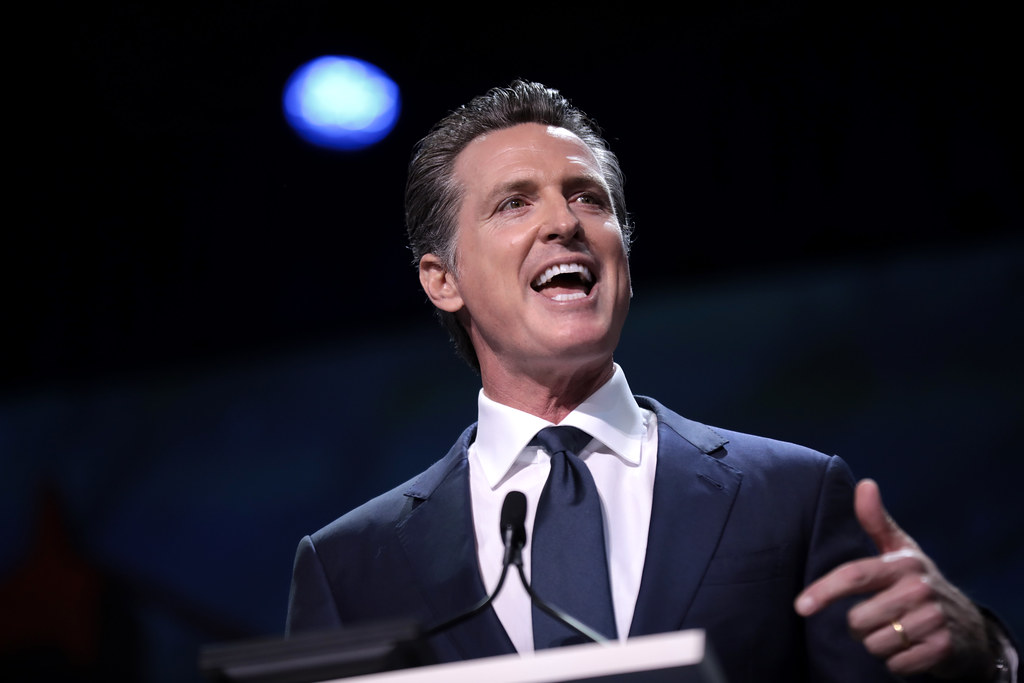Leaders in the California Assembly announced they have come to an agreement to put a $10 billion bond issue on the ballot to address “climate change” in communities of color.
A second $10 billion bond issue negotiated in the state Senate would go to fund the “modernization, repair and safety” of K-12 public schools ($8.5 billion) and community colleges ($1.5 billion).
Like the climate change bond, the money for the school bond is expected to benefit mostly communities of color.
“Safe and healthy schools are at stake with this measure. There are six million reasons to support this proposal to ensure that each public school student has equal access and opportunity to grow and thrive. The children and school districts that need help the most will particularly benefit by this facility bond,” said Senator Steven Glazer, D-Contra Costa.
If approved by the California Legislature, which is dominated by Democrats, the two bond issues would be decided by voters in November.
The announcement comes as the state cut funding for other programs in an attempt to bring a projected $73 billion budget deficit to $46.8 billion in the red.
Previously, Democrats and their climate change allies were looking for $15-20 billion in funding for the proposed bond, said local KQED News.
Two years ago, California’s Democratic Gov. Gavin Newsom approved a package of $54.3 billion in spending to combat so-called climate change.
The new spending, if approved by voters, will be “equity-focused” in “historically underserved communities,” according to a statement by the office of Assemblymember Eduardo Garcia, D-District 36.
“SB 867 commits $10 billion toward climate resilience with a particular focus on disadvantaged communities that are often the hardest hit by the effects of climate change,” said the statement.
Progressives have linked social justice and climate change to justify large increases in public spending as an issue of equity for “underserved” communities.
But, despite the claims, none of the money will go to changing the weather.
The largest tranche of the bond issue, $3.8 billion, will be reserved for providing clean drinking water, water storage and flood mitigation, which are all typical public works programs, not related to climate change per se.
About $1.5 billion will go to creating public parks – also a typical public works priority.
And $450 million is earmarked for heat mitigation, the process of designing urban areas so that they don’t trap heat in “heat islands,” which make cities much warmer than rural areas.
Other money will go to building sea walls and wildfire management.
The bond money to build more schools comes as California continues to see declining enrollment in public schools across the state.
Nearly three-quarters of California school districts have lost enrollment over the last five years and another decline of 500,000 students is expected by 2031, according to the Public Policy Institute of California (PPIC).
The declines have been especially marked with populations that speak English as a second language, said the PPIC.
Even so, because of political diversity, equity and inclusion (DEI) considerations, school districts around the state have been resisting closing down schools. Indeed, with the bond money available, it looks like they will be building more.
Districts in California are facing severe budget shortfalls, not only from enrollment losses, but the rapid expansion of spending on the strength of federal government largesse due to COVID-19.
Now that COVID-19 funding has stopped, districts need the state to step in and cover the funding gap.
But the state’s financial condition has also deteriorated after previous budget surpluses thanks to federal COVID-19 relief funding, said the Associated Press.
Inflation has slowed the state’s economy, shrinking tax collections, while a tax on wealthy people has failed to sustain revenue projections, said the AP, which added that Newsom “badly miscalculated” how much money the state would bring in last year.
The bond issue is one way that Newsom, who is thought by many to run for president someday, can mitigate the mistakes he made with the budget, still fund Democrat spending priorities for DEI, climate change and public school unions, while not technically increasing taxes directly on the middle class.
Originally published by The Lion. Republished with permission.
For more great content from School Reform News.
For more from The Heartland Institute.
